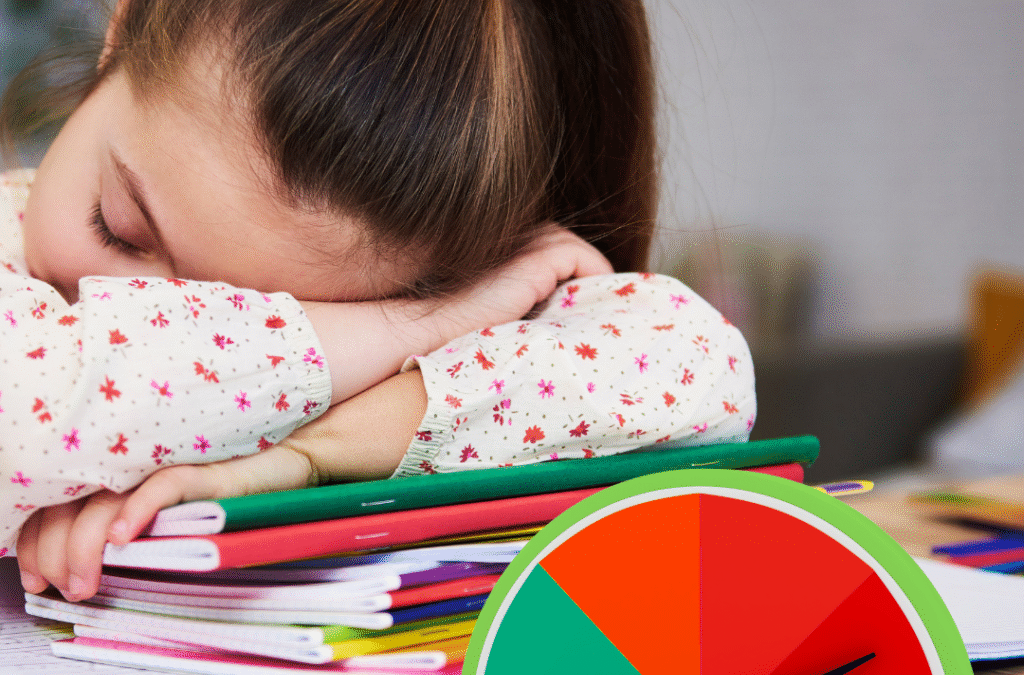Do you have a child with ADHD? If so, there is a very strong chance that one of their parents has it too. If that parent is you, it is likely at least one of your parents also has ADHD. This is because ADHD has a strong genetic link. It isn’t always the case, but it is frequent enough that parents should take this seriously.
Diagnosis
 Historically, boys have been more likely to be diagnosed with ADHD, as the traits of ADHD in boys are more disruptive to classrooms, and thus more recognizable. It is also what psychologists and teachers spent decades looking at as signs of ADHD. So, if you are female, you might not realize that you had signs of ADHD in childhood and no one helped you. To this day, you may be undiagnosed and wonder if a diagnosis is worth it.
Historically, boys have been more likely to be diagnosed with ADHD, as the traits of ADHD in boys are more disruptive to classrooms, and thus more recognizable. It is also what psychologists and teachers spent decades looking at as signs of ADHD. So, if you are female, you might not realize that you had signs of ADHD in childhood and no one helped you. To this day, you may be undiagnosed and wonder if a diagnosis is worth it.
Do you have ADHD?
I have several mom friends who have found it worthwhile to get the diagnosis as an adult. The medications available can be helpful for many people, though finding the right one can be tricky. It can also help you see yourself more clearly. Realizing that you are neurodiverse can be a relief. You aren’t just bad at organizing or cleaning the house. You have a condition that makes it harder for you!
Dealing with a late-life realization you have ADHD can lead you down many rabbit holes seeking answers and ideas. However, there is a second step here that can come as a real shock. Realizing you have a parent with undiagnosed ADHD. And after that, realizing that their ADHD resulted in childhood trauma you may not have resolved.
Grandparents with ADHD
 For most of us, we just accept that our parents are our parents. As children, we don’t wonder why they do what they do. As an adult, we may decide we don’t want to parent the way our own parents did. We make different choices and try to do better by our children.
For most of us, we just accept that our parents are our parents. As children, we don’t wonder why they do what they do. As an adult, we may decide we don’t want to parent the way our own parents did. We make different choices and try to do better by our children.
If at any point in your childhood, you felt more adult than your parent, your parent may have ADHD. If your parent was unreliable or inconsistent, they may have ADHD. Also, factors like divorce, bankruptcy, and substance abuse could have been related to ADHD. In our parents’ generation, it was even less likely to be recognized, and thus kids with ADHD were treated like they just weren’t very bright when they struggled. They did not get the help they needed. This may have led them to do a lot of things you should probably talk to a therapist about, including poor parenting skills.
Now, here you are, stuck in the middle between your child with ADHD and your parent who has a memory that is getting worse. This can be due to the progression of ADHD.
Traits of ADHD in Adults
 In older adults, ADHD can look like poor memory, lack of organization, difficulty with daily tasks like making doctor appointments and attending them, and many other challenges. Some older adults may benefit from medication, but giving stimulants to older adults can be contraindicated by heart disease or high blood pressure. It can also be hard to find doctors knowledgeable about the difference between ADHD in older adults and normal aging issues.
In older adults, ADHD can look like poor memory, lack of organization, difficulty with daily tasks like making doctor appointments and attending them, and many other challenges. Some older adults may benefit from medication, but giving stimulants to older adults can be contraindicated by heart disease or high blood pressure. It can also be hard to find doctors knowledgeable about the difference between ADHD in older adults and normal aging issues.
Now that you have realized your mother probably has ADHD, what else can you do? Encourage her to do mental activities, like word puzzles. Regular exercise can help, as it increases circulation, and when the brain gets better blood flow, it works better. You can also help her learn to use reminders on her phone or set up a calendar with events and appointments. If she has trouble relating to your child, set them up to do crafts or similar activities near each other. It is best to not make them work on the same thing but to just work beside each other. Relating through activity and performing parallel play can make grandparents feel they are a part of the child’s life without making your child feel frustrated that Grandma does things you won’t let them do.
Also, Grandma is now a great example of why our writing needs nouns and verbs and good describing words. When she won’t stop asking where the “do-hickey” went, and no one knows what she is talking about, we can just use it as a learning opportunity!
None of this is easy. I hope that by helping you see the pattern in your family, I have helped to empower you to find ways to make life better.





0 Comments